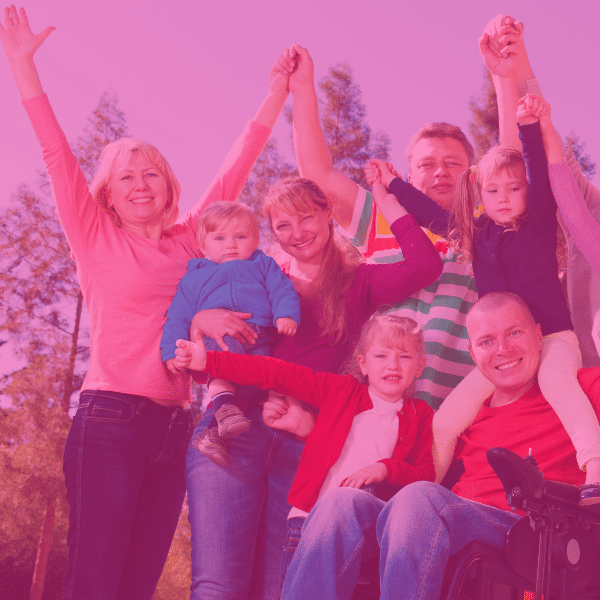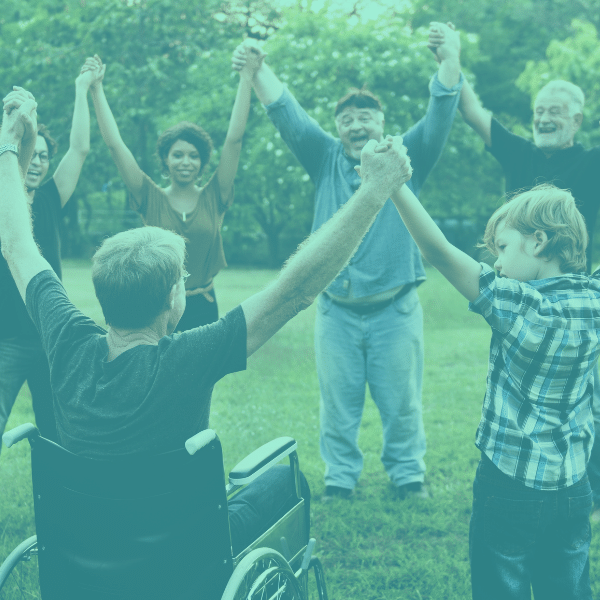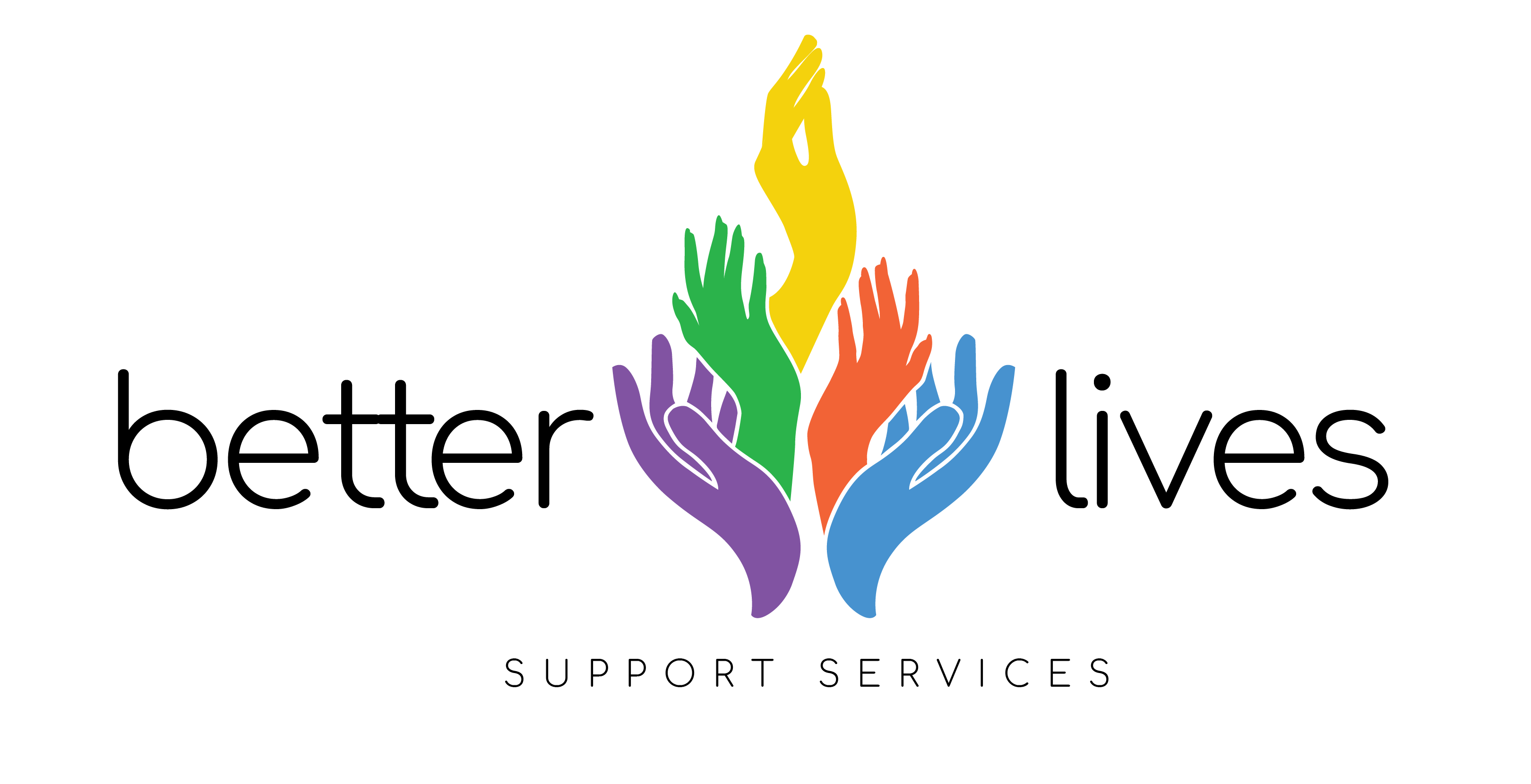
National Disability Insurance Scheme (NDIS)
Do you need assistance with daily activities?
Do you need Support Coordination?
Do you need some assistance with cooking, cleaning, transport?
Do you need assistance understanding your NDIS plan and what supports you can have
access to?
Do you need help getting an NDIS plan?
We are able to provide assistance for any of the NDIS items in the table below.
Not only can we assist people on an NDIS plan, we can also offer a Fee for Service support to those wanting assistance but are not on an NDIS plan.
Want to learn more about NDIS? Contact us today!
Core Supports:
NDIS Core supports are activities that help you in your everyday life.
Assistance with Daily Life:
Includes making household decisions, looking after your personal care, cooking and cleaning.
It covers support with everyday personal activities that assist you to live as independently as possible at home and in the community.
Support types that you may be able to access under Assistance with Daily Life in your NDIS
Plan include:
● Assistance with daily personal activities
● Assistance with household tasks
● Short Term Accommodation and Assistance (or respite).
● Supports may be provided at home or in the community.
When it comes to the NDIS, daily living is all those regular tasks and chores that need to be done in the usual course of a day, like getting out of bed, showering, eating and getting
around.
With your Assistance with Daily Life budget BLSS can support you to do all those things.
Your funding can be used for BLSS support workers to assist with or supervise tasks, or do them for you if you are unable to do them yourself, such as:
● Help with getting ready for your day (showering, dressing etc.)
● Support to help you get out and about in the community including driving you to
places or accompanying you on public transport
● Help to do household chores such as cleaning
● Getting help around the yard such as lawn mowing
● Someone to assist with food preparation and meals
● Support with health and fitness
● Assistance getting to appointments
While there are a lot of things we can help with, there are some things that are not covered in this support item such as:
● The cost of food or ready-made meals (including delivered meals)
● The cost of household items such as cleaning supplies
● Personal items not related to your disability such as toiletries and cosmetics
● Rent, board or mortgage payments
● Tickets for events, concerts, movies, etc.
Assistance with Social and Community Participation:
This can include activities or courses that help you connect and socialise with others.
Art classes, sports coaching or vacation camps that have mentoring, skill development, peer support or capacity building components are covered here.
You can use your Assistance with Social and Community Participation funding to improve your ability to participate in community, social and recreational activities.
This includes things like support to attend community-based activities and assistance to participate in social groups. The activities may take place in a range of locations such as in the community, in a centre or at a sporting venue.
Assistance with Social and Community Participation funding is designed to help break down some of the barriers you may face to participating fully in society.
Some of the things that may be funded include:
● Recreational and sporting activities
● Support to participate in social groups or spend time with friends
● Visiting your local library
● Building skills, taking up a new interest or learning new things
● Volunteering
● Camps, classes and vacation activities
● A support worker to assist you to participate in social and community activities such as the above.
Social and Community Participation funding is most likely to cover costs associated with getting to and participating in activities rather than the costs of the activities themselves.
For example, you might want to attend your local community centre to learn a craft-based activity like Macrame classes.
You may be able to use your Social and Community Participation funding to pay for asupport worker to:
● Transport you to and from the activity
● Attend with you
● Support with using the bathroom, eating or other personal care requirements while you are out and about.
Your BLSS worker’s time can be claimed at the agreed hourly rate for both transport time and time spent accompanying you during the activity.
Keep in mind, the following are generally not covered by the NDIS:
● Ticket prices or entry fees such as movie tickets or entry to a museum
● Ticket prices or entry fees for your support worker or a person accompanying you
● The cost of meals, coffee or other food items while you are attending activities
● Equipment costs such as buying sporting gear except for the purchase of specialised equipment related to your disability.


Capacity Building Supports:
Capacity building funding is set aside for activities that will support you in learning new skills.
These skills may include achieving some of your goals like living independently, finding a job, or getting help with your NDIS plan management.
Support Coordination:
Support funding that can be included in your NDIS Plan to help you get the most from your budgets and supports.
Our support coordinators connects NDIS participants to organisations that provide supports and services including community, mainstream and government services.
Their job is to help you get access to the right supports and find the right mix of activities to achieve the goals set in your NDIS Plan.
Benefits of support coordination can be:
● Help to negotiate service agreements with providers, including pricing
● Someone who can set up appointment bookings on your behalf
● Coaching and support to help you determine the best way to utilise funds in your NDIS Plan
● Support to manage service disruptions and find alternative options when regular services are unavailable (like during coronavirus)
● Assistance to prepare for your Plan Review meeting (reports, assessments etc if required).
If support coordination is considered “reasonable and necessary” for you, your plan will include one of three different levels of support coordination. BLSS can provide the following:
● Support coordination: coordination of supports: Assists you to build skills to understand and implement your NDIS Plan.
This includes getting the combination of supports right so you can manage relationships, get the services you need and live more independently.
Psycho-Social Recovery Coaching:
A recovery coach can support you with your recovery. Recovery means being able to live a purposeful and meaningful life.
At BLSS we can support you with a recovery coach that is an NDIS funded worker that has mental health knowledge. A recovery coach will:
● spend time with you, and people important to you, to get to know you and understand your needs
● help you to find out about different services and supports, and how these can help you
● help you get support from mental health services
● help you better understand the NDIS and support you with the NDIS
Our Recovery coaches have their own lived experience of mental ill health and recovery and are able to use this experience to inform their work.
If you have Support Co-ordination in place, for most people we recommend that you only have a recovery coach because it is a better use of your NDIS plan. Depending on your plan or situation you may choose to have both.
At BLSS we know it is important to have a Psycho-social Recovery Coach that you get along with and someone who you are comfortable being around. We try our best to make sure you are matched with:
● Someone who is easy to talk to, and good at listening to you.
● Someone that has a lived experience of mental illness and recovery?
● Someone that is available to support you at times and locations that are suitable to you?
Increased Social and Community Participation:
This is all about making connections and getting to know your local community.
It can fund various support services that help to develop your social skills, make new friends, access local community events or group activities.
Improved Daily Living:
Assessment, training or therapy to help increase your skills, independence and community participation.
These services can be delivered in groups or individually.
Request for Service Form
For an NDIS referral, please download the ‘Request for Service Form’ below, complete it with as much information as possible, and return to us.
Contact Us
Do you have any questions or concerns about NDIS?
Drop us a line below, and we will get back to you as soon as we can.


